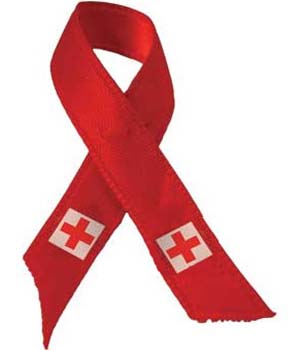Treating intravenous drug users for HIV effective and money saving
 Treating intravenous drug users for HIV has been effective and saved money, French and U. S. researchers have said.
Treating intravenous drug users for HIV has been effective and saved money, French and U. S. researchers have said.
The researchers concluded drug users, including those actively injecting, were capable of positive choices to protect their health and that of their communities.
The researchers have said that treating human immunodeficiency virus in drug-users, has not increased drug resistance and preliminary findings suggested it reduced HIV transmission, independent of needle sharing.
Study co-author Donald Shepard of Brandeis University in Waltham, Mass., said in a statement, "Our analysis focused on two treatments, provision of anti-viral therapy for and provision of methadone or buphenorphine for HIV-infected drug users. We found that both are highly cost-effective. Unfortunately, many barriers limit their use."
According to the report, among barriers the researchers named were the banning of treatment of active users, the stigmatizing of drug users and treatment fees or requirements. They said law enforcement created blocks to treatment, such as police registries and imprisonment for possessing drugs for personal use.
The study authors said, "A basic challenge remains in the reversal of social forces, including popular opinion, that portray intravenous drug users as already dead or less than human, and so deserving of less-than-human rights."
Published in a special series of The Lancet, the study was presented at the International AIDS conference in Vienna. (With Inputs from Agencies)